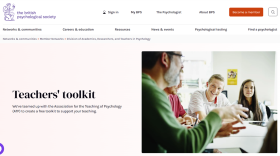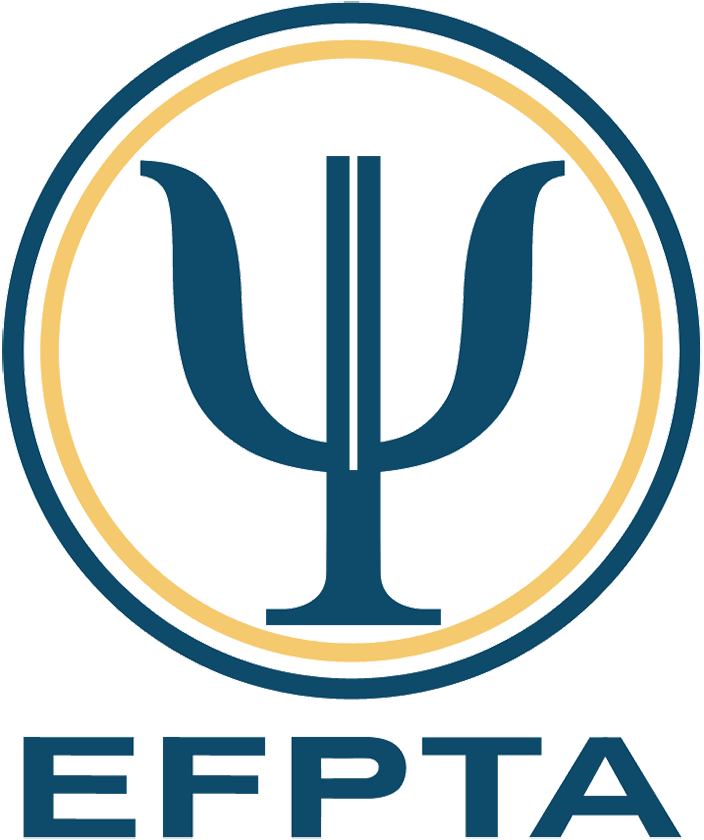 Psychology teachers in the UK are pleased that the national psychologists’ association, the BPS, is now hosting on its website a set of learning resources for psychology students and teachers at pre-university level in schools and colleges. It’s the result of teamwork by members of the ATP (the Association for the Teaching of
Psychology teachers in the UK are pleased that the national psychologists’ association, the BPS, is now hosting on its website a set of learning resources for psychology students and teachers at pre-university level in schools and colleges. It’s the result of teamwork by members of the ATP (the Association for the Teaching of
Psychology, UK), in particular Deb Gajic and Helene Ansell, who collated resources from psychology teachers and collaborated with colleagues at the BPS to produce this excellent and popular resource, called the ‘Teacher’s Toolkit’.
The materials are free to access and are intended to be useful whatever specific psychology course students are following. They include activities and resources on a wide range of topics, such as attaining top grades in psychology, positive psychology in the classroom and teaching mathematics skills through key studies in psychology.
In fact, this is not the only way in which the BPS supports teachers and students: it also offers a Psychology Teacher of the Year Award, regular professional development webinars – on topics such as Diversity in Psychology, coping with exam stress and transitions from pre-university study – as well as an annual Psychology Careers Festival. These forms of support for psychology education in schools have been facilitated by a dedicated BPS committee bringing together university and pre-university psychology teachers.
Teacher Lyndsey Hayes, who is an ATP member and a member of the committee, said: “Working on this committee, I feel that I’m helping to break down the barriers between pre-university and university teaching and giving back to the psychology community. The Teachers’ Toolkit and the other forms of support from the BPS are really helpful for me and my students. They have enabled me to critically reflect upon the effectiveness of my classroom practice.”
